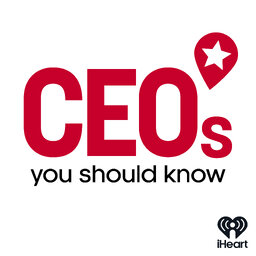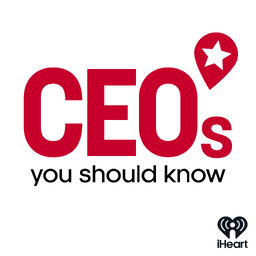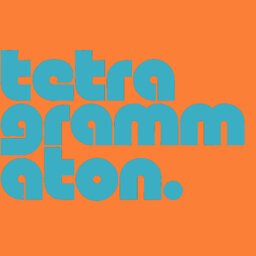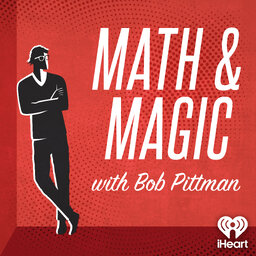Angela Yee: “Every time I learn something, I want to bring it to people.”
At its core, radio is a community service. No one knows that better than Angela Yee. She’s been on the airwaves for over a decade as a founding member of The Breakfast Club, host of her midday show, Way Up, and now the podcast, Lip Service. Angela is a friend and mentor to her listeners and she’s no different off the air. As an entrepreneur, she finds creative ways to help others. From juice bars, to coffee, to open conversations about finance, she spreads the wealth of her successful career to communities in need. Recording live from the NAB Show (National Association of Broadcasters) in Las Vegas, Angela recounts this journey to Bob. Listen to hear how she went from Wu-Tang Clan’s assistant to a respected voice in hip hop and beyond.
Math & Magic: Stories from the Frontiers of Marketing with Bob Pittman
How do the smartest marketers and business entrepreneurs cut through the noise? And how do they mana…Social links
Follow podcast
Recent clips

CEOs You Should Know: Chon Nguyen, CEO of Newgentek
11:06

CEOs You Should Know: Avani Desai, CEO of Schellman
10:48

Listen to Bob on Tetragrammaton with Rick Rubin
16:35
 Math & Magic: Stories from the Frontiers of Marketing with Bob Pittman
Math & Magic: Stories from the Frontiers of Marketing with Bob Pittman